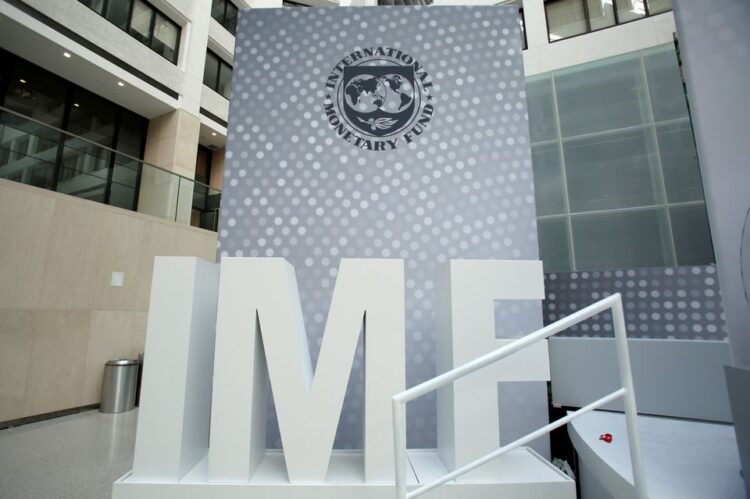The International Monetary Fund (IMF) has projected that Nigeria’s foreign reserve will witness significant reduction, falling to $24 billion in the year 2024.
Data from the Central Bank of Nigeria (CBN) positioned the country’s foreign reserves at $33.12 billion, as of February 8, 2024.
The projection was contained in the IMF’s latest country report for Nigeria.
It noted that even though the first half of 2023 witnessed a surplus in the current account, there was a notable decline in reserves, a situation it attributed to a decrease in hydrocarbon exports, largely due to rampant theft and a lack of investment in essential upstream infrastructure.
This is in addition to profit repatriation from the oil sector which has witnessed a downturn, and low Foreign Direct Investment (FDI) in the country, while there has been an uptick in portfolio outflows, including equity and Eurobond repayments as well as repatriations.
The IMF said it was expecting a challenging period through 2024–25 for Nigeria’s financial account, exacerbated by an absence of new Eurobond issuances, significant repayments of existing funds and Eurobonds totalling $3.5 billion, and continued portfolio outflows.
It said there is hope of recovery to $38 billion by 2028 as portfolio inflows are forecasted to pick up once again.
“Through 2024–25, the financial account is likely to deteriorate, with no projected issuance of Eurobonds, large Fund and Eurobond repayments of $3.5 billion, and portfolio outflows.
“Hence, despite a current account surplus, officially reported reserves are projected to decline to $24 billion in 2024 before increasing again to $38 billion in 2028 as portfolio inflows resume.”
According to the IMF, the CBN reported that the 30-day average of gross international reserves (GIR) had dwindled to $33 billion by October 2023, marking a decrease of nearly $4 billion from the end of 2022. This level of reserves provides for six months of import cover and meets 83% of the IMF’s Assessing Reserve Adequacy (ARA) metric.
However, when adhering to the IMF’s definition of GIR, which considers $8 billion in securities as pledged collateral and not readily accessible, the GIR adjusts to a lower figure of $25 billion at the end of October 2023.
The IMF also claimed that the Nigerian authorities had yet to disclose comprehensive information on short-term foreign exchange liabilities, which are crucial for calculating the net international reserves accurately.
Also, the IMF highlighted the importance of the Nigerian authorities’ ability to manage the country’s external financial obligations effectively.
The IMF’s projections are based on the assumption that Nigeria will successfully roll over all maturing forwards and swaps, underscoring the significance of adeptly navigating the external financial landscape to secure and expand Nigeria’s foreign reserves in the coming years.









